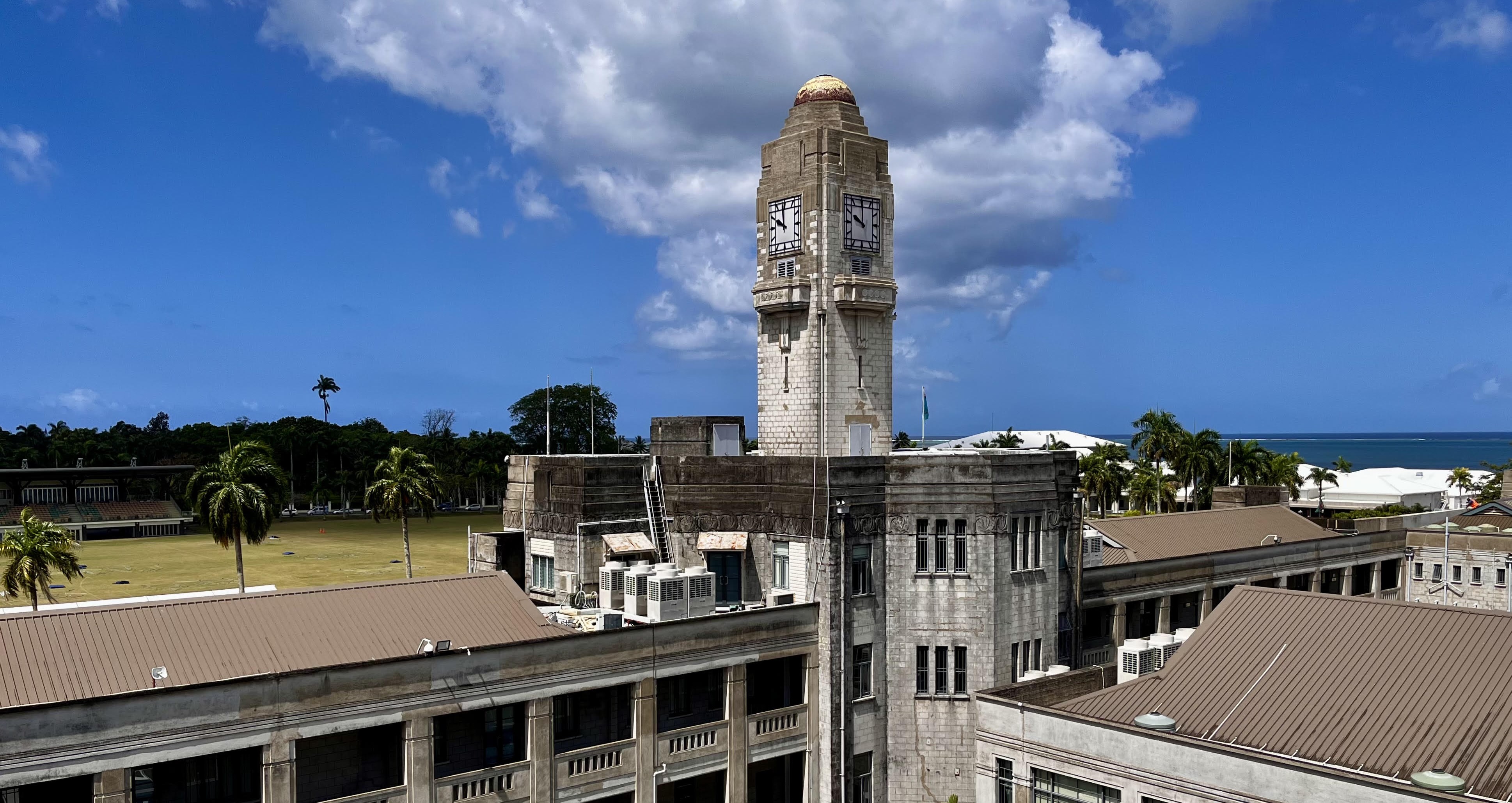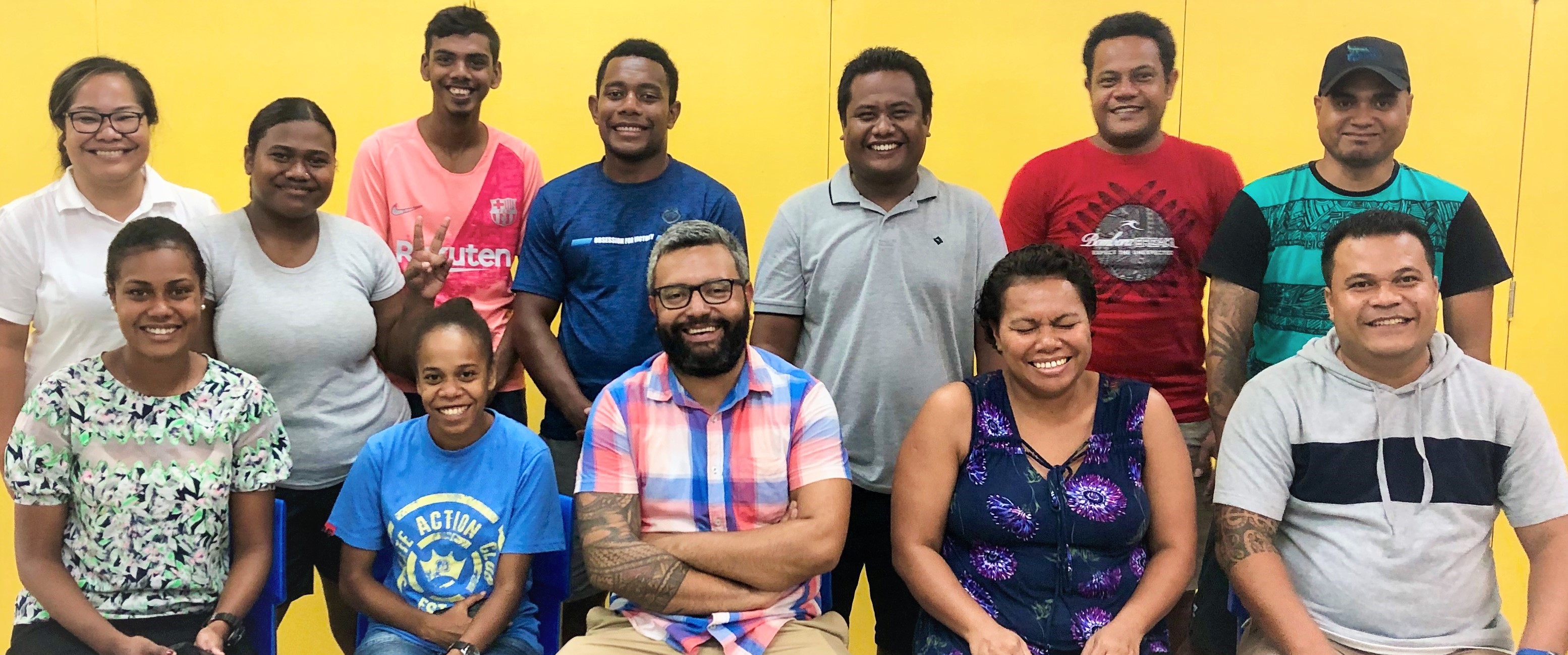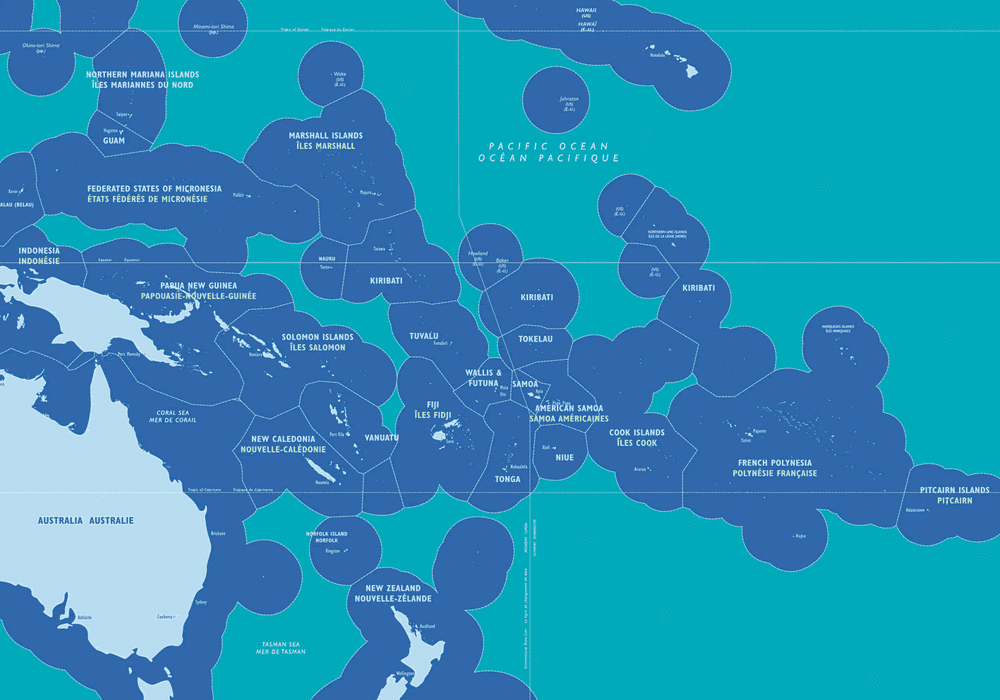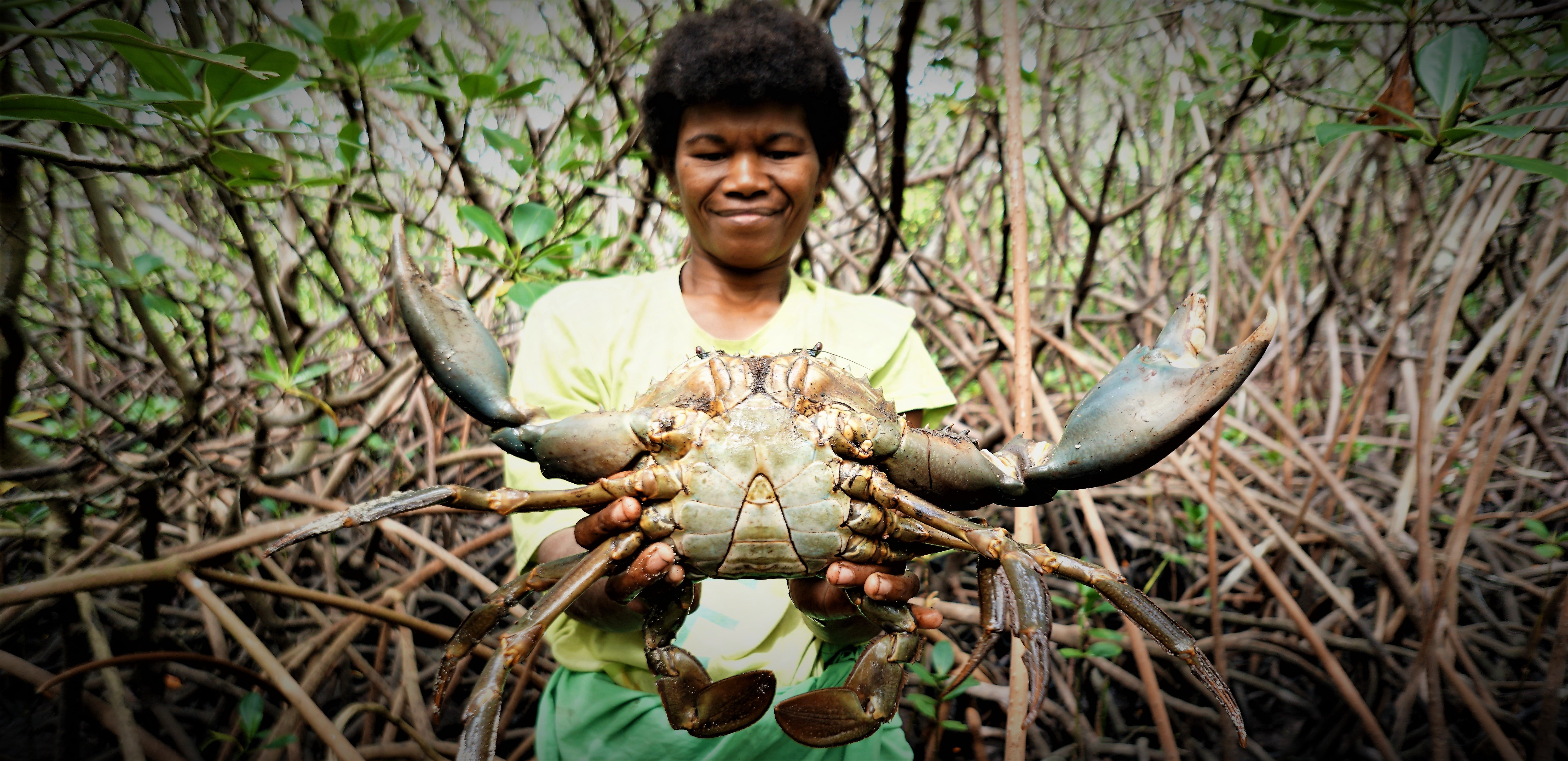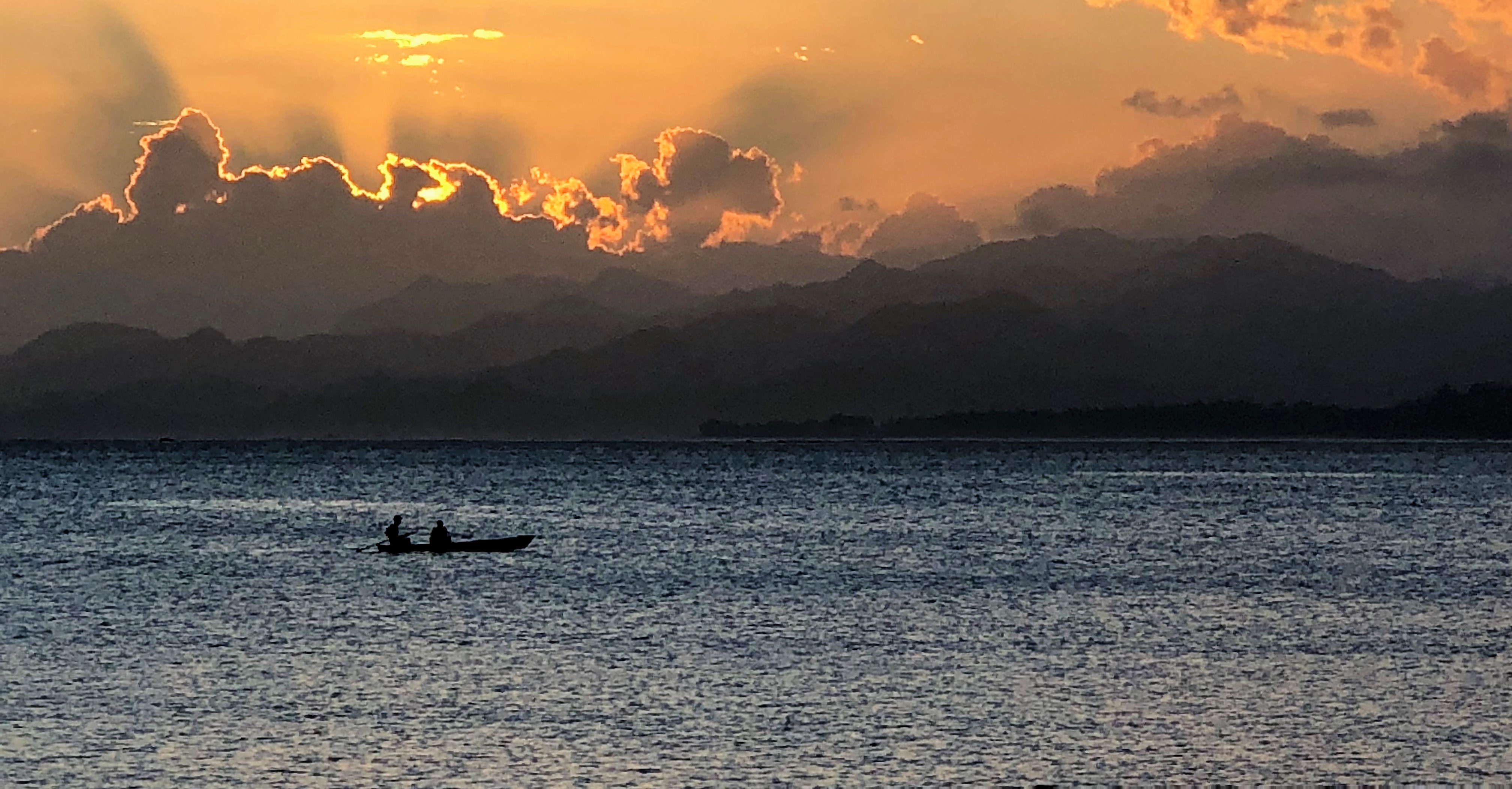The Commercial Use of Marine Areas (CUMA) Bill 2025 sets out an undeniably bold vision to enable the reversion of proprietary ownership of marine areas within Fiji’s sovereignty to iTaukei customary owners.
But such a fundamental change also raises critical areas of concern, namely the risk to investor confidence due to tenure uncertainty, the constitutional implications of mandatory lease renegotiation, and the various consequences of repealing the Regulation of Surfing Areas Act 2010.
While our previous article focused on the importance of a collaborative implementation process, this article provides more detail on the deliberate steps and safeguards the drafters have integrated into the Bill to address or manage this process. As its explanatory note provides—CUMA is intended to be a legally credible response to past inequities, and intends to establish a rigorous, multi-institutional process that anticipates and expressly aims to mitigate major economic and legal risks during the transition. A more detailed examination of the process that the CUMA Bill contemplates should provide an informed understanding of CUMA and explain how the drafters contemplated this transition of ownership can be achieved within Fiji’s legal and governance context.





